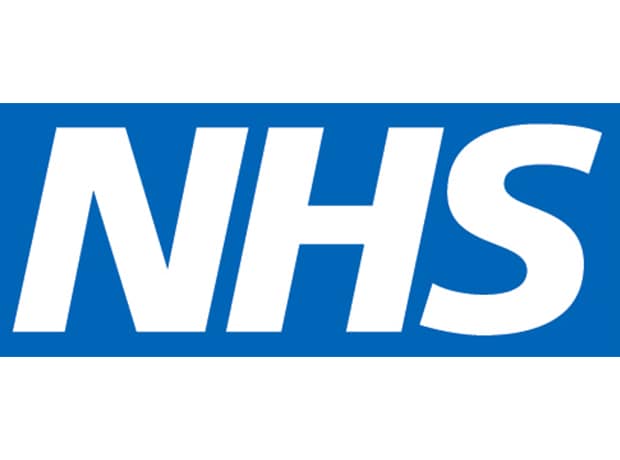The NHS’ latest winter situation report has been released, showing increases in emergency department attendances for respiratory conditions, particularly acute respiratory infections, including influenza-like illness and pneumonia.
Despite the increases – which were 4.6% higher than in the same month last year – the number of attendances admitted, transferred or discharged within four hours was 1.77 million, a 3.9% increase on the equivalent figure for December 2017.
Also, 86.4% of patients were seen within four hours in all A&E departments in the same month, compared to 85% in December a year ago.
The mean ambulance response time across England from December 2018 through January 2019 was 7 minutes 6 seconds, just longer than the standard of 7 minutes, despite being the shortest response time ever, since the current categorisation was introduced in England.
This winter, the NHS “is struggling with ambulances being delayed, A&E departments having to divert patients to other hospitals, and bed occupancy at unsafe levels” says Niall Dickson, chief executive of the NHS Confederation.
“These figures are welcome, but they don’t tell the whole story,” he warned. “The fact we are doing better now is the result of meticulous planning and staff going the extra mile, but the reality is still that at the front line, staff are being pushed to the limit.”
“That’s what it means to be working at the front line at the moment and it has been for several years. The hard work and detailed winter planning from NHS staff is paying off but we must remember that worse weather or major outbreaks of flu and norovirus could strike at any moment.
“All of this points to the need to find a more sustainable way of providing care to a growing and ageing population. The new NHS Long Term Plan, with its emphasis on joined-up community care, is a major step forward and will help improve patient care and relieve pressure on staff at the frontline.”










